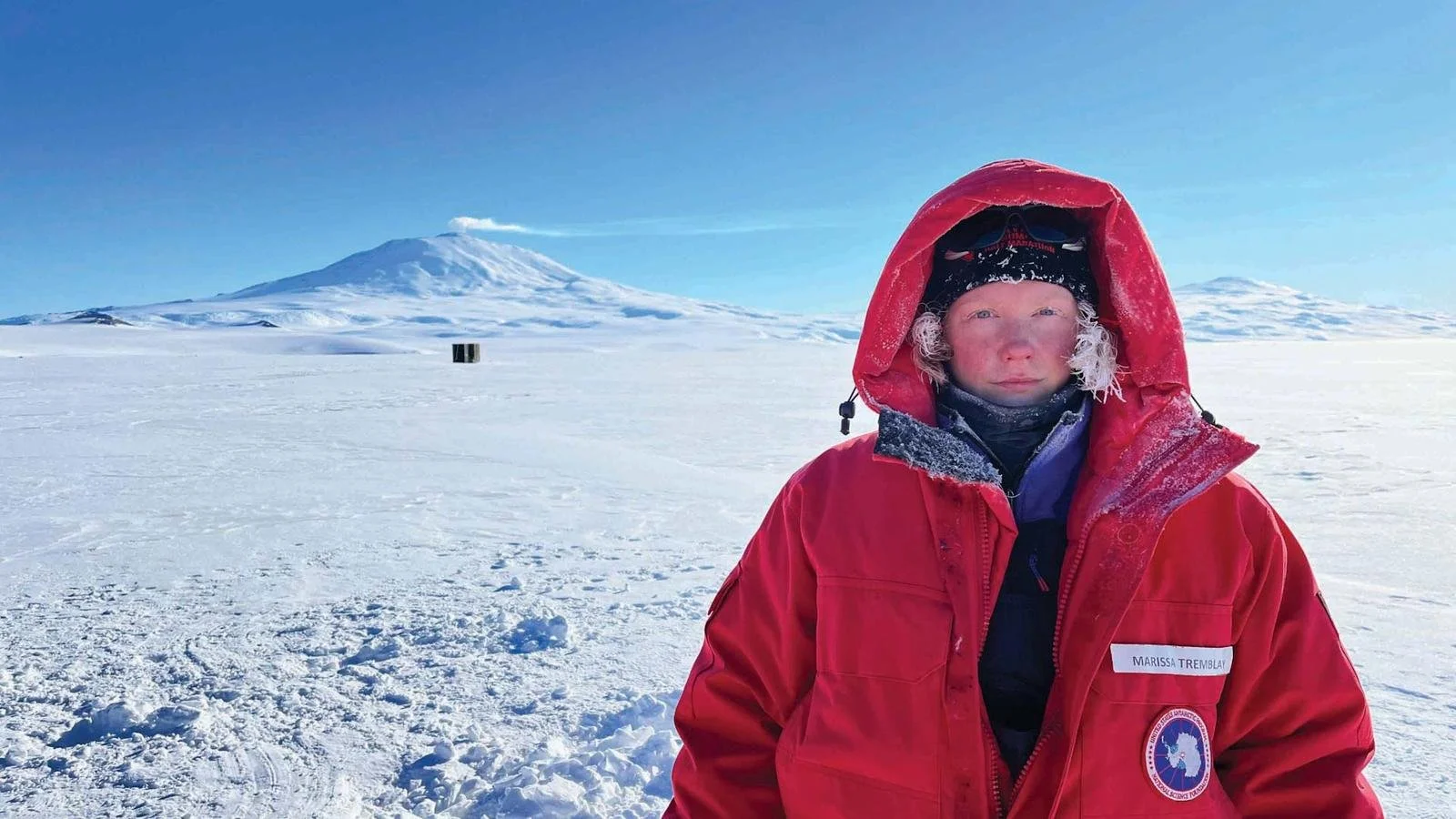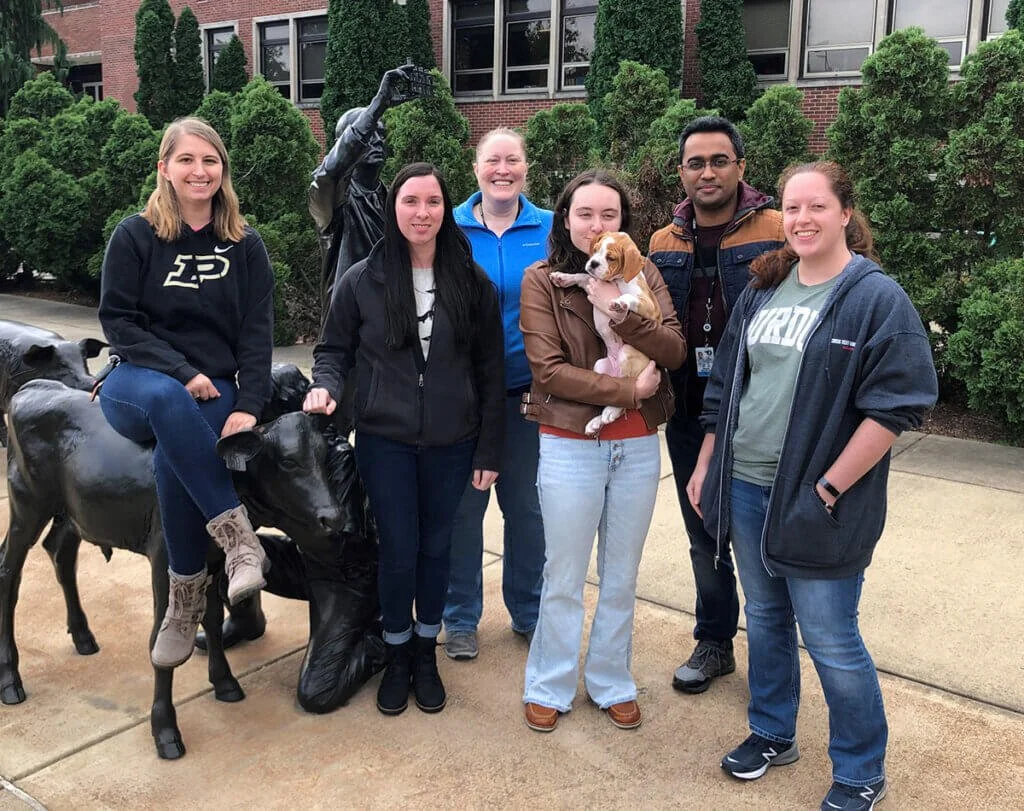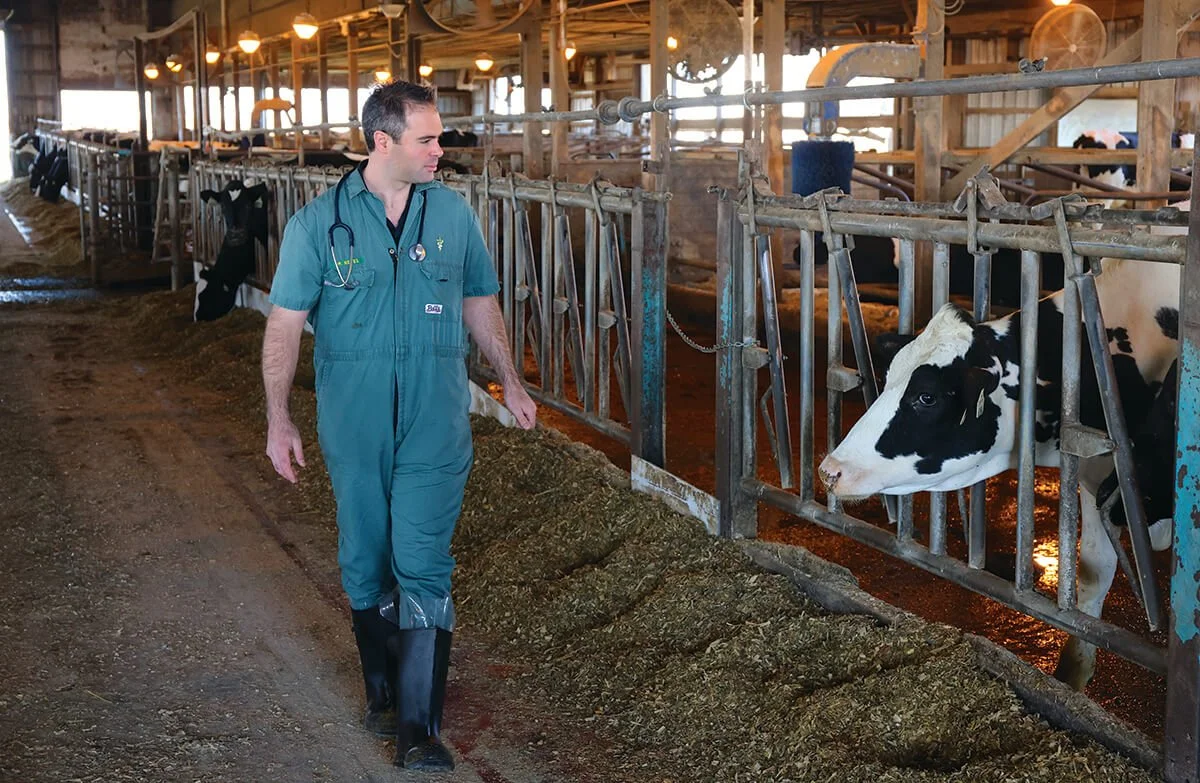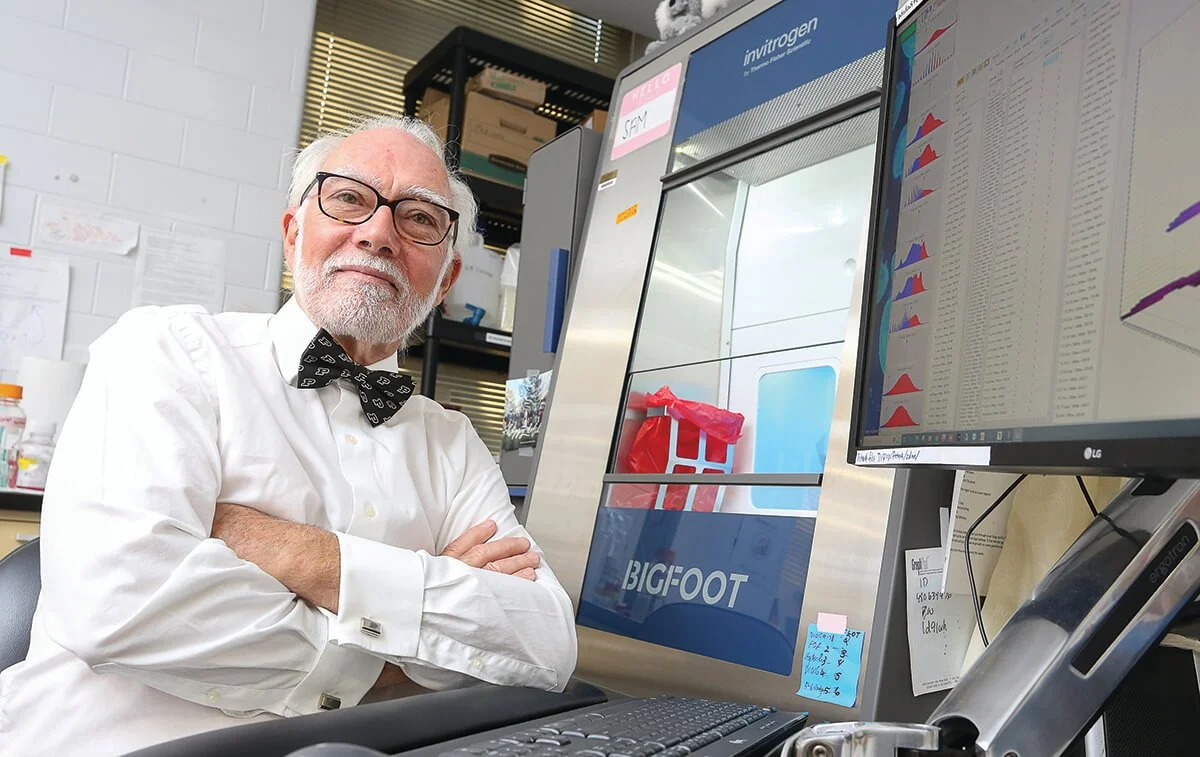New genetic testing available through ADDL will help dog breeders eliminate specific diseases
Research findings by genetic scientists in the Purdue University College of Veterinary Medicine have the power to eradicate specific genetic diseases within certain dog breeds. Testing for the genetic mutations will be offered by the Animal Disease Diagnostic Laboratory (ADDL) at Purdue. As the first such tests offered to the general public for three new canine genetic diseases, these screenings will enable breeders to identify which dogs are carriers for a disease and could possibly pass it on to offspring. By ensuring two carriers are not bred together, the disease can be halted before it spreads throughout the breed.










